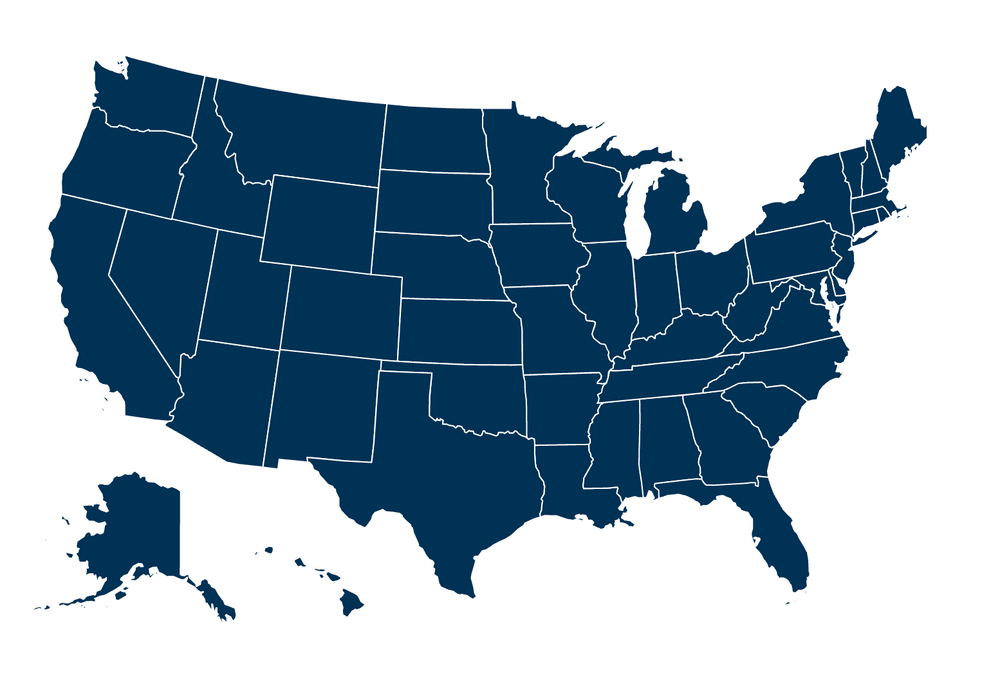
The issue of unbanked and underbanked communities in America is becoming increasingly more concerning as time goes on.
According to the FDIC’s 2019 National Survey of Unbanked and Underbanked Households, approximately 8.5 million households are unbanked in the United States, meaning they do not have a checking or savings account. Furthermore, 18.7 million households are underbanked, meaning they have a checking or savings account but also use alternative financial services such as payday loans, pawn shops, and check cashing services.
These figures reveal a concerning trend in the banking industry, particularly when it comes to the racial and geographic disparities in banking access. The FDIC survey revealed that certain racial and ethnic groups are more likely to be unbanked and underbanked than others. African American and Hispanic households are more likely to be unbanked and underbanked than white households, with nearly 1 in 5 African American households being unbanked and nearly 1 in 4 Hispanic households being unbanked. This is concerning as lack of access to financial services can have a drastic impact on an individual’s ability to save, invest, and purchase goods and services.
Geography also plays a role in the issue of unbanked and underbanked households. Unbanked and underbanked rates are highest in the South, with Mississippi having the highest rate of unbanked households at 22.7%, followed by Arkansas at 21.9%. Conversely, the Northeast had the lowest rate of unbanked households at 4.8%. In addition, the FDIC survey revealed that the unbanked rate was higher in rural areas than in urban areas, with 10.2% of households in rural areas being unbanked compared to 6.6% in urban areas.
The lack of access to financial services for certain racial and geographic groups is concerning, particularly due to the potential economic consequences. Unbanked and underbanked individuals are more likely to pay higher fees for essential financial services, such as check cashing and payday loans, which can have a drastic impact on their financial stability. Furthermore, lack of access to banking services can prevent individuals from building credit or establishing a savings account, which can make it more difficult to purchase a home or start a business.
